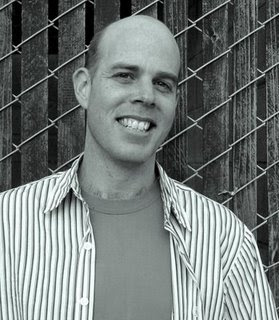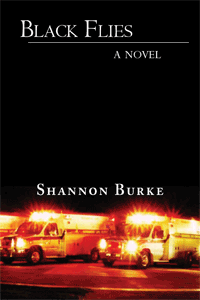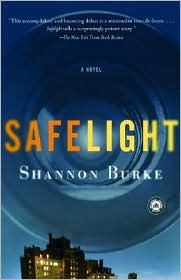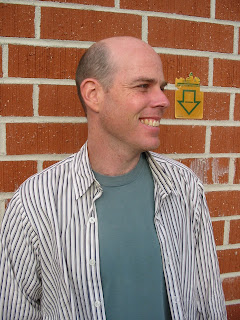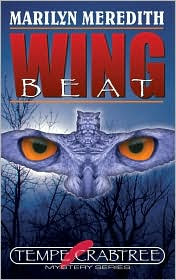
I took the opportunity to ask her a few questions; questions I’ve always wanted to ask a writer and questions that are just quirky enough to get her attention and yours. Without further ado, I’d like to welcome Karen to Savvy Verse & Wit and to thank her for taking time out of her busy schedule to answer my questions.
1. How do writers work out to stay in shape and healthy?
As for me, I try to get up and stretch several times while I’m writing. My husband is a PA for a spine surgeon and I asked him what the best, ergonomic position for writing was, he said “The best position is the NEXT position.” This has been great advice. I also plan my housework around my writing. Vacuuming is my warm-up, believe it or not. And of course keeping up with my toddlers is like having a health-club membership. I also try and drink a lot of water during the day. I admit, I am not a super healthy eater because sometimes, when my kids are in preschool, I forget to eat altogether. When they are here, I find myself eating whatever they have left on their plates (a lot of half-eaten peanut butter and jelly sandwiches.)
2. Do you find there are particular foods that make you more creative or that keep you inspired?
I don’t know if coffee is what inspires me, but I cannot imagine my day without it, so it must have some bearing on my writing. Interestingly enough, when I read a scene in a novel about a big feast and what all the characters are eating, I feel hungry and want to make a big dinner. That’s one of the reasons reading/writing is so powerful. It can influence all your senses.
3. If you were to pick a playlist for your latest writing project, what are the top five songs on that list?
Right now, I am writing a piece called Prodigal Son, which centers on a very disillusioned son of a mega-preacher. I created an ITunes playlist specifically for this book (something I do for every project.) Here’s a sample of what’s on it:
- Wake Up Call – Maroon 5
- Human Wheels – John Mellencamp
- Viva La Vida – Coldplay
- If Everyone Cared – Nickelback
- Over You – Daughtry
What’s funny is that if my husband hears me rockin’ any of these songs, he now knows that I’m working on Prodigal Son.
4. What rituals or steps do you use to remain confident in your writing?
Reading a lot is the best reinforcement. You read some stuff and you think, “I can do better than this.” And you read other stuff and you think, “I want to write like THIS!” As far as general confidence, that wavers a great deal. When I first completed JANEOLOGY, I had the overwhelming sense of “Hey, I’ve got something very interesting here. Something I would personally love to read.” And then, I remember the fear I had the day before my book was released. I had a moment or two where I didn’t want it to go out into the world, but then I got a few positive reviews and it eased the process. I can see a day, perhaps when I get to book 5 in my writing career where I will trust my instincts more.
5. In terms of friendships, have your friends shifted since you began focusing on writing? Are there more writers among your friends or have they stayed the same?
I’ve never thought about this until now, but the answer is yes, I do now have more writer-ly friends just since the publication. I’ve networked with many of them through my publisher and we have built a very supportive network of sharing information and encouraging each other. Also, I’ve met several local writers as a result of MySpace. I’m thankful for this because writing can be very solitary and it’s good to meet others who know what you’re going through.
6. (Because I love this question) Can you describe your ideal writing space and how it 
In terms of aesthetics, I have a pretty ideal space right now. My office has a huge window that looks out on our pool. There are three fountains running in the morning. I’m able to listen to the sounds and rest my eyes on the blue water. The desk and the computer could be anywhere or any kind, just so long as I have my dictionary and synonym finder nearby. I used to be a corporate speechwriter and had to write under all kinds of, um, interesting conditions in interesting situations. This experience taught me how to write anywhere, with any level of noise or distraction or screaming (which is why I can write with toddlers nearby.) One day, I would love to have this kind of space near an ocean or lake. Anything with a view of water.
Check out what else she had to say about her current writing space.
Thanks to Karen for joining us today and for taking time out of her busy schedule to answer my questions.



 Laura Grossman’s
Laura Grossman’s 
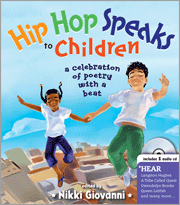 Welcome
Welcome 

 Welcome to Hachette Group’s Early Birds Blog Tour for
Welcome to Hachette Group’s Early Birds Blog Tour for 

